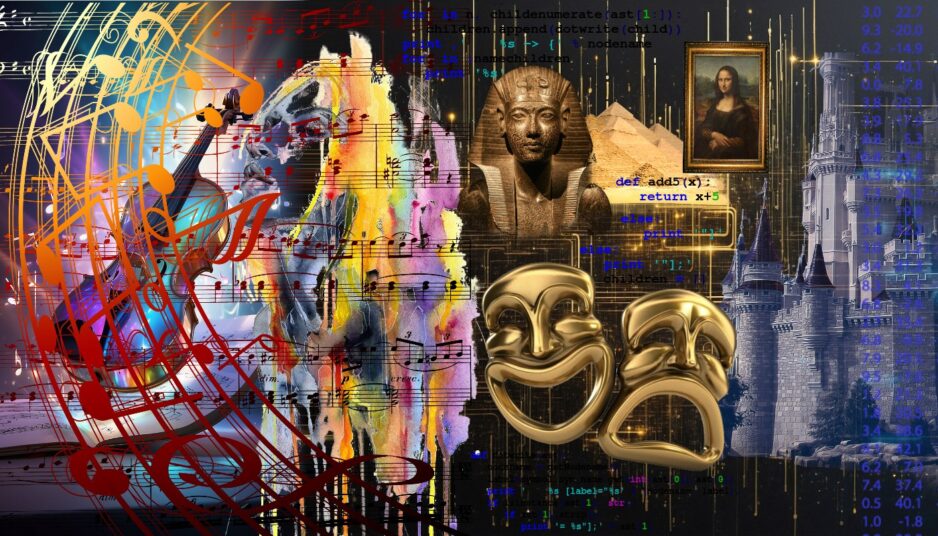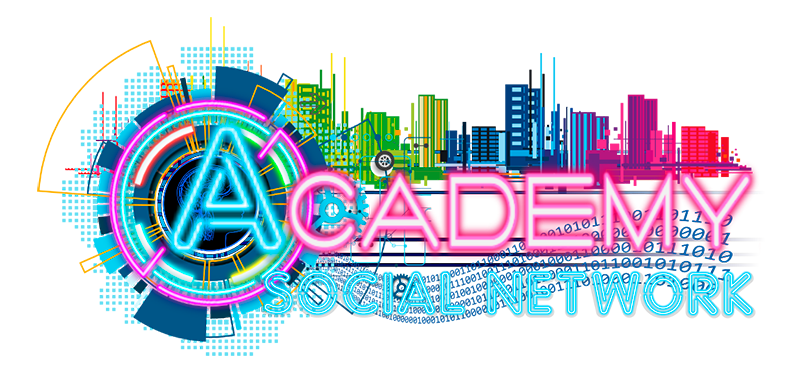
About Course
To contribute to the formation of digital competencies and the implementation of innovative strategies necessary for the effective and quality implementation of both professional activities and life in general for integration into current world and globalization processes.
Practical significance and use of the acquired knowledge:
Gaining insights into various creative “digital” practices, which is an indicator of fundamental changes in human cognition and creativity: mastering the theoretical foundations of the “digital culture” of the individual and society: mastering digital skills and competencies, for further application of knowledge in professional life; comprehension of accumulated experience regarding digital services and applications for the possibility of creating one’s own “digital project”.
Course Content
Definition of basic categories of digital culture
Basic concepts of Digital Culture
Digital Humanities and Current Digital Trends in the World
Informatization and digitalization of society
Norms and rules of behavior in the digital space
Mass media and media culture
Ethical aspects of the blogosphere and digital storytelling
Digital culture and quality information consumption
Theater art and literature
Digital culture and digitalization of tourism activities
Smart City: smart technologies of a modern city
Contemporary digital education and self-learning
Digital Teaching Tools #1
Digital tools of the teacher #2
Digital Educator Tools #3
Earn a certificate
Add this certificate to your resume to demonstrate your skills & increase your chances of getting noticed.

Student Ratings & Reviews


